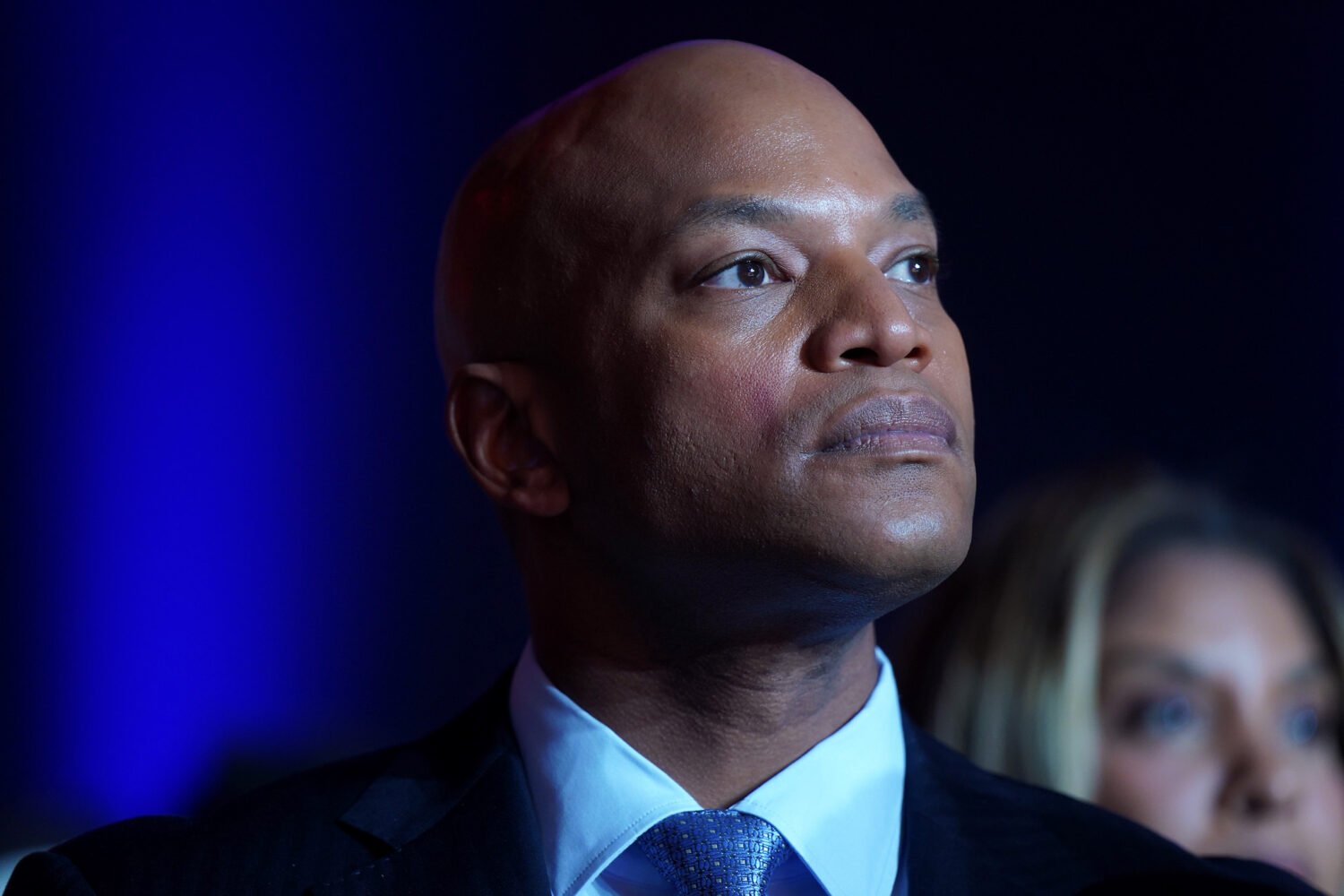Anyone who has ever attended summer camp knows that a small bout of homesickness is normal. But counselors are now contending with a new sort of separation anxiety: the one that campers feel when they’re away from their cell phones.
A recent study by Common Sense Media found that 42 percent of children eight and younger have tablet devices—up from 7 percent in 2013—and that most kids spend more than two hours a day in front of a screen.
As smartphone usage among youngsters has risen, summer camps have come up with policies regarding electronics. While some day and overnight camps allow them, many don’t—making summer camp one of the last cell-free zones left.
Adventure Links, which hosts programs at Hemlock Overlook Regional Park in Clifton, has a no-electronics policy. However, because counselors don’t search bags, kids sometimes sneak the devices in—and that can cause conflicts, says instructor Will Hanna: “I have had kids argue over being able to play on their phones.”
As with most rules, creative campers find ways to break them, says Jen Silber, executive director of Camp Moshava, a sleep-away program in Maryland’s Harford County. Previously, Moshava let kids bring in phones not connected to the internet, so they could listen to music, but one year a counselor figured out that a camper was fully connected. “They had created a background of their phone that showed it as not having any data or internet access—like, no bars—so when the counselor would come over, it looked like they weren’t using the internet,” says Silber. Once the counselor figured out the ruse, the child had to hand over the phone until the end of camp.
“Kids are getting pretty smart—or think they’re smart,” says Mary Endres, who runs Camp Chippewa for Boys in Cass Lake, Minnesota, with her husband, Mike. “This boy was a freshman, and he handed in a real phone, but it was an old phone and he kept an active one,” she remembers. The camper was caught when he “liked” a photo that a counselor had posted on Facebook.
Some campers may at first resist no-electronics policies, but most counselors say the kids don’t seem to miss their phones much after a few days.
Christian Westermann, a DC resident who sends his children to sleep-away camps in Maine for several weeks, says they quickly learned to stay busy without the distraction of a screen: “They didn’t necessarily miss them. There was enough going on. The campers have each other to entertain themselves.”
It’s a different story with some of their parents—the ubiquity of cell phones means that many have become accustomed to receiving near-constant updates from their offspring.
“The old-term ‘helicopter parent’ is now passé,” says Mike Endres of Camp Chippewa, which welcomes a number of kids from the Washington area every summer. “It’s now drone level.”
When Lisa Shaw, a Del Ray resident, found out that the 4-H camp in Front Royal she chose for her son to attend last summer banned cell phones, she was thrilled. But at an informational meeting before the start of camp, Shaw was surprised to learn that not all parents felt this way. When the camp leaders brought up the fact that kids weren’t permitted to bring their phones, parents immediately started asking questions. “There was some real anxiety among parents,” Shaw says. “I just assumed in an emergency, there would be a way to contact them.”
Ethan O’Rourke, a former instructor at Adventure Links, was hounded by a particular mom when she managed to get his cell-phone number one summer. The mother, whose son has diabetes, would text O’Rourke regularly to remind him about her son’s schedule. Other parents have requested that O’Rourke call them a few times a day.
Not all moms and dads are of the “drone” variety. Eric Phillips, a Bethesda resident who sends his ten-year-old twins to Camp Chippewa, loves the camp’s no-electronics policy.
Phillips went to Chippewa when he was a teen in the 1970s and says not much has changed—even the family who ran it when he was there remains. Most campers spend their time learning sports such as archery and sailing—the latter on the site’s Cass Lake.
“My kids are fairly typical kids who love their iPad a lot, and certainly when they’re home it’s hard to keep them away from both [that and cell phones],” he says. But “kids are so adaptable. What’s really important is making a connection, and when you have that, you’re not worried about being entertained looking at a screen. And you’re happier.”
Recent studies do suggest that mobile devices are making today’s kids unhappier. In a September article in the Atlantic, psychology professor Jean Twenge wrote about the “iGen” generation—kids born between 1995 and 2012 who have grown up with smartphones. Twenge found in her studies that suicide and depression have spiked among this age group since 2011, a trend she says can be traced to the rise of smartphone use.
Camps can’t totally avoid the internet, even if they want their campers to. Many now invest in a marketing or communications coordinator to make sure their Facebook and Instagram pages stay up to date—because parents searching for camps often judge them by their online presence. Adventure Links instructors are expected to document camp outings with company-issued phones, and when they take campers to the Shenandoah Valley or the Chesapeake Bay, operations director Adam Trautenberg says, they often feel pressure to photograph the entire trip so the kids can later post the pictures to Instagram and Snapchat.
Although Adventure Links regularly updates online photo galleries, that isn’t enough for some parents. “They want to see what their kids are doing in the moment because they’re used to that,” Trautenberg says. “Even schools send them pictures and updates midday sometimes.”
Occasionally, parents are the ones who have to learn to disconnect from social media. “Even with phone hot spots, there’s not enough data to upload photos,” says Mary Endres of her Minnesota camp.
Once a camper has unplugged for a week, do new habits stick? Doubtful, says parent Lisa Shaw. When she brought her son back from the weeklong 4-H camp, there was no question of where he was headed: “He came home and went straight to the electronics.”
This article appears in the February 2018 issue of Washingtonian.



















